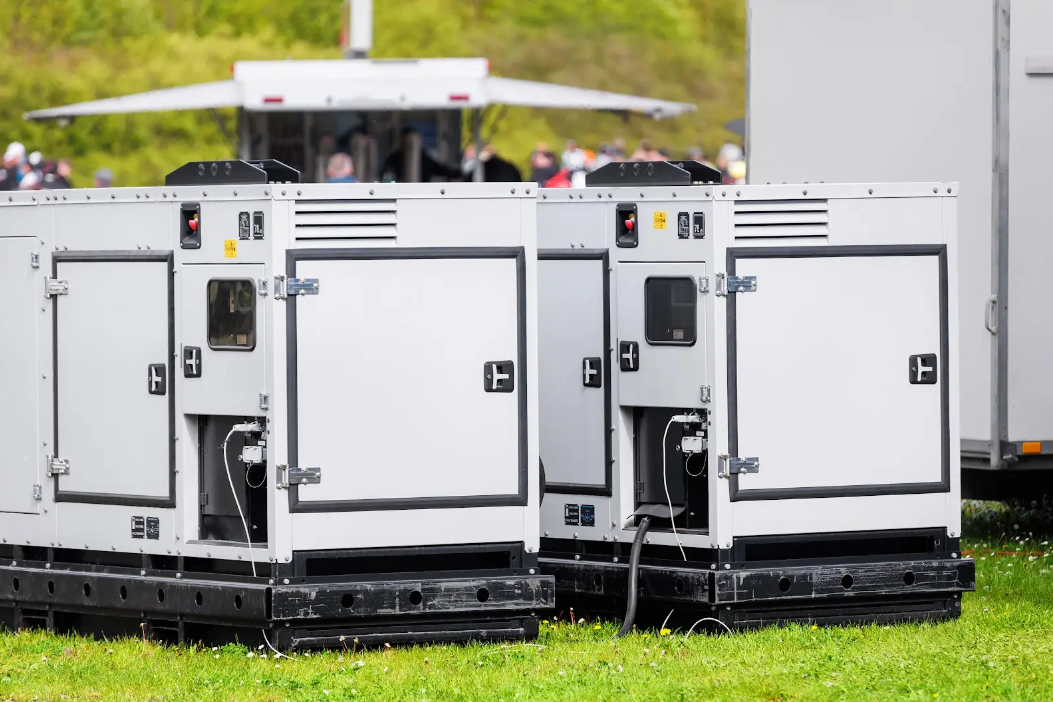
Fort Lauderdale’s subtropical climate brings intense heat, frequent thunderstorms, and the infamous hurricane season, all of which can lead to unexpected power outages. Whether you are a homeowner or a business owner in Fort Lauderdale, having a reliable generator is not just a convenience—it is often a necessity. But how do you choose the best generator for Fort Lauderdale's unique climate concerns? This guide will explain the key features to look for in a generator for your home or business and how to ensure your generator installation in Fort Lauderdale, FL, meets all your power demands efficiently and safely.
Fort Lauderdale’s climate is characterized by high humidity, scorching temperatures, and extreme weather patterns, particularly during hurricane season from June to November. Power outages are common during these months due to high winds, flooding, and storm damage to electrical grids. Losing power can mean more than just discomfort—the lack of air conditioning during a Floridian summer can pose health risks, and food spoilage or business disruptions can lead to financial losses. Considering generator installation in Fort Lauderdale, FL, is a smart choice for homeowners and businesses alike, ensuring resilience against power outages. The right generator ensures that vital appliances like air conditioning, refrigerators, and medical devices continue to work, and for businesses, it guarantees minimal interruptions in operations.
The first feature to evaluate in a generator is its power output and capacity. Generators come in various sizes and power ratings, suited for different needs. For a typical Fort Lauderdale home, a generator producing around 7,000 to 10,000 watts might suffice to run necessary appliances, air conditioning units, and lighting. Larger businesses, on the other hand, may require an industrial-grade solution capable of delivering 20,000 watts or more. To determine the capacity you need, consider the combined wattage of the appliances, devices, and systems you want to keep running during an outage. Opt for one with a little more power than you think you need to avoid overloading the system.
Given the extreme weather conditions in Fort Lauderdale, choosing a generator designed to withstand the elements is critical. Look for models made from durable materials like stainless steel or powder-coated aluminum, which can resist corrosion from salty coastal air. Generators explicitly built for outdoor use should also feature weatherproof casings to protect internal components from rain, debris, and UV rays. Additionally, consider a generator with advanced cooling systems that prevent overheating in the high temperatures Florida often experiences. Climate control features are crucial for maintaining consistent performance, especially if the generator relies on air cooling instead of liquid cooling.
Fuel type and efficiency are major considerations for any generator. Most units run on gasoline, diesel, propane, or natural gas. Each has pros and cons, depending on availability in Fort Lauderdale and your specific needs. Gasoline-powered generators are widely available and typically cost less upfront. Still, they can create storage hassles because gasoline has a limited shelf life and is difficult to stockpile during a storm. Diesel generators are more fuel-efficient and durable, making them a good option for heavy use, but they require regular maintenance to prevent clogs in the fuel line.
Propane and natural gas are increasingly popular for residential and commercial generators. Propane burns cleanly and does not degrade over time, while natural gas offers the convenience of an uninterrupted fuel supply through your utility provider. Fuel efficiency is also critical—choosing a generator that maximizes output while consuming minimal fuel can save you money in the long run.
An automatic transfer switch (ATS) is a feature that enhances convenience, reliability, and safety. When a power outage occurs, the ATS detects the loss of electricity and immediately starts the generator. When regular electricity is restored, the ATS switches the load back to the grid and turns the generator off. This feature ensures you do not have to manually start or manage your generator during an outage, which can be stressful and risky during severe weather. For homes and businesses in Fort Lauderdale, the ATS is an invaluable addition that keeps life running smoothly without interruption.
Generators can be noisy, especially within residential areas. To stay on good terms with neighbors and avoid violating any noise ordinances in Fort Lauderdale, it is worth investigating the generator’s decibel rating. Many modern generators are designed to operate more quietly, with some featuring insulated casings or advanced muffler systems. Generators with a noise output below 60 decibels are typically classified as quiet, allowing you to enjoy uninterrupted power without the added distraction of a disruptive hum. Keep in mind that quieter generators often come at a higher price point. However, the investment may be well worth it for homes and especially businesses operating in areas where discretion is valued.
Choosing the right generator for Fort Lauderdale’s unique climate is an investment in safety, reliability, and comfort. Key features like power capacity, fuel efficiency, weather durability, and noise level play a significant role in ensuring your generator meets your home's or business’s needs. Equally important is professional installation and upkeep to guarantee optimal performance during critical moments.
Do not wait for the next major storm to strike—preparing today means you will be protected tomorrow.